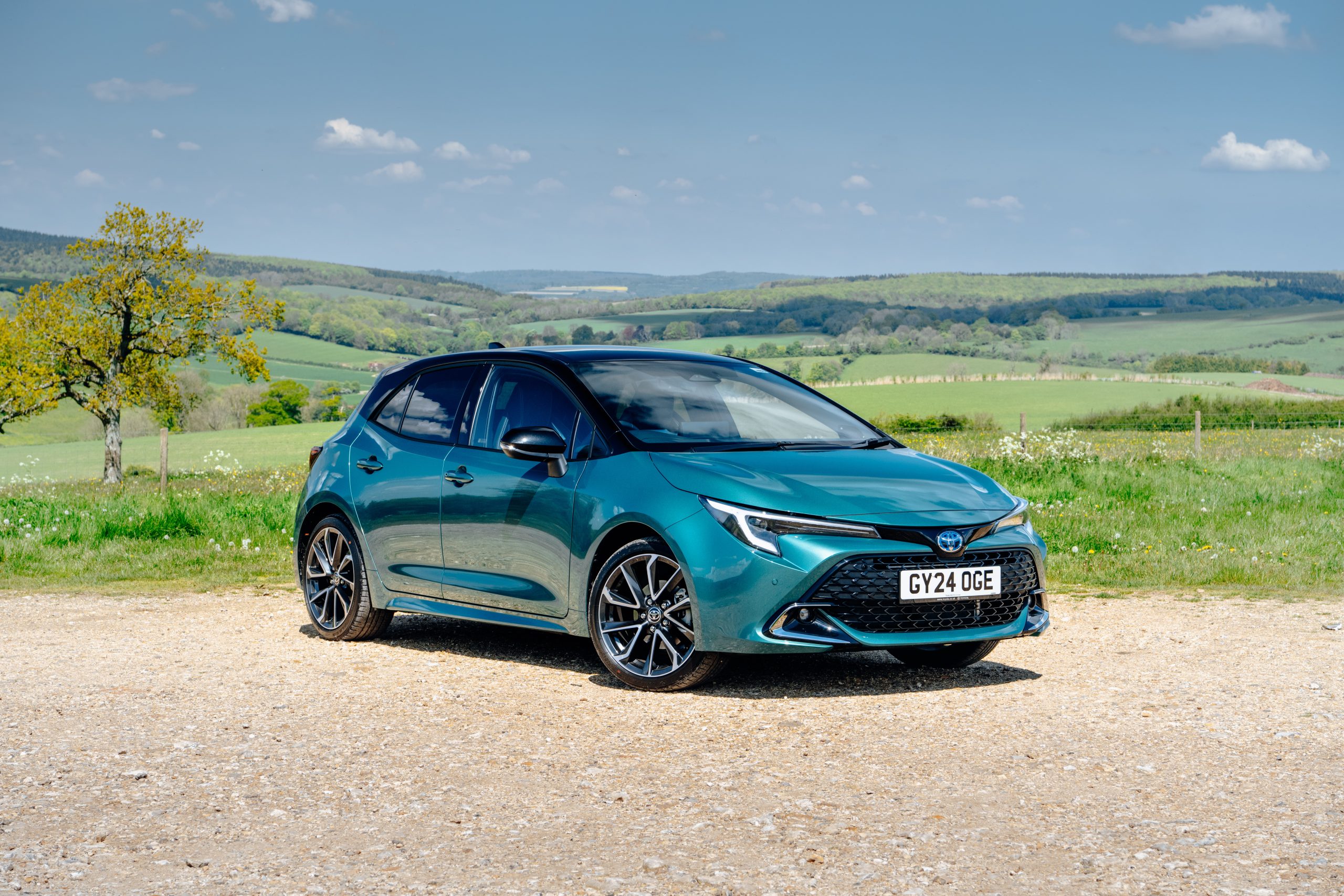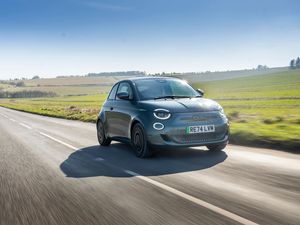Everything you need to look for when buying a second-hand car
Thinking of purchasing a used car but don’t know what to look for? We’ve got a cheat sheet of everything you need to check when looking at a used car.
There are thousands of second-hand cars on the market, all coming with different pasts.
A lot of us buy used vehicles as they are cheaper and offer better value for money than a brand-new model.
However, if you’re thinking about buying second-hand, there are some simple checks that you need to do to help make your experience as hassle-free as possible.
With that in mind, we’ve compiled a checklist of all the things you need to do when looking over a used car.
Check the paintwork for previous repair work

One of the most important checks to do when looking at a second-hand car is to inspect the bodywork.
Look for misaligned panel gaps and poor paintwork finishes, as all these telltale signs could indicate that the car has been involved in an accident.
Also, look under the bonnet and take a look at the chassis legs are not bent or damaged, and all of the manufacturing stickers are in their places. If they’re not, this could be a sign that the car has had previous repairs.
Look at the condition of the interior

A car’s interior goes under a lot of hard use in its life, and it can be the biggest giveaway to see how a car has been treated.
If you’re buying a low mileage car, but the interior has a badly worn seat bolster, the pedals are smooth and it has a shiny steering wheel and gear knob, just be cautious as this could be a sign that the car has been ‘clocked’.
Clocking is when a vehicle’s mileage has been wound back, in a way for the seller to make more money on the car, which would end up looking newer than it is in reality. However, it is illegal and will hide the car’s true identity as it will have more wear to its mechanicals and interior than the odometer is reading.
Make sure it’s got a service history

Buying a car with a fully stamped service history means that you are buying a very well-cared-for car.
Also, if you find the service book is full of main dealer stamps, it tells you that the previous owners took a lot of pride in the vehicle. If the car comes with lots of previous receipts and invoices, it can tell a more in-depth story about how the car has been treated. Paperwork gives you a clearer background on what sort of maintenance has been done to the car.
If a car has no service history, it’s best to avoid it as you won’t know what sort of life it has led. Normally, in cases like this, a car has been subjected to neglect and a lack of care.
When was the cambelt last replaced?

Certain cars will have a cambelt that will need replacing every 10 years or 70,000 to 100,000 miles. Some cars will have a timing chain instead, but this too will need replacing at regular intervals.
A cambelt is what helps keep all of the engine’s mechanicals running in time, and if the belt snaps, it can cause severe engine damage and is very expensive to repair.
If the second-hand car you’re viewing has a sticker in the engine bay to tell you that the belt has been replaced, it’s a sign that the engine has been well maintained and the cambelt isn’t going to snap, which should be a good indication that the car has been cared for.
Check to see if it has a valid MOT and inspect if it needs any work

An MOT stands for ‘Ministry of Transport’ and is a roadworthiness test that every car needs to have every year in the UK, once it turns three years old.
It tests for underbody mechanicals, electricals and structural rigidity on a vehicle. If the car isn’t up to standard, it will fail the test and will have to be rectified before it can be used on the road.
If the second-hand car you’re buying has a valid MOT, it’s safe to use on the road. However, check to see if the certificate has any ‘advisories’ as these prove the car is safe to use on the road, but it has defects that will need to be rectified soon. You can also check out a car’s MOT history online – all you’ll need is the vehicle’s registration and you’ll be able to see all of its previous tests and whether it has passed or failed.
Never buy a car without a V5c registration document
The V5c document is also known as the ‘logbook’ and it’s the most important piece of paperwork that comes with a car.
It provides the registered keeper’s details, all of the information on the car and the ‘new keeper slip’ which allows you to transfer the car into different names, addresses or sell it into the trade.
All V5c documents will come with a watermark; hold it up to the light and see if you can see it. If you can’t, it will more than likely be a forged document, which could indicate the car has been stolen.
Do a vehicle history check

There are several companies that can provide you with a vehicle history check if you pay a small fee.
Simply type in the vehicle’s registration number or VIN and the report will tell you whether the car has ever been involved in an accident, stolen, had a colour change or has outstanding finance on it.
Doing one of these simple history checks may just save you a lot of money from buying a dodgy used car.





